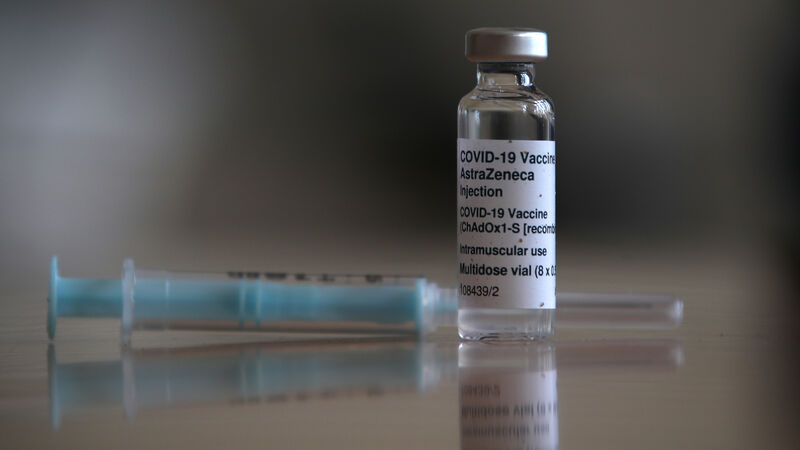Benefit of vaccination far outweighs the risks from Covid-19, according to heart expert

The medical director of the Irish Heart Foundation has said that despite 190m people receiving the AstraZeneca vaccine, the risk of low platelets and blood clots possibly associated with vaccination is 'very low probably at about four to 10 in a million'.
The risks from any Covid-19 vaccine should be compared to serious risks from the virus itself, the medical director of the Irish Heart Foundation said.
Dr Angie Brown said despite 190m people receiving the AstraZeneca vaccine, the risk of low platelets and blood clots possibly associated with vaccination is “very low, probably at about four to 10 in a million”.










